Explore a comprehensive guide to 144 inpatient, 284 outpatient, and 114 detox centers across North Carolina. Compare costs, reviews, and treatment options to find the perfect rehab facility for your needs.

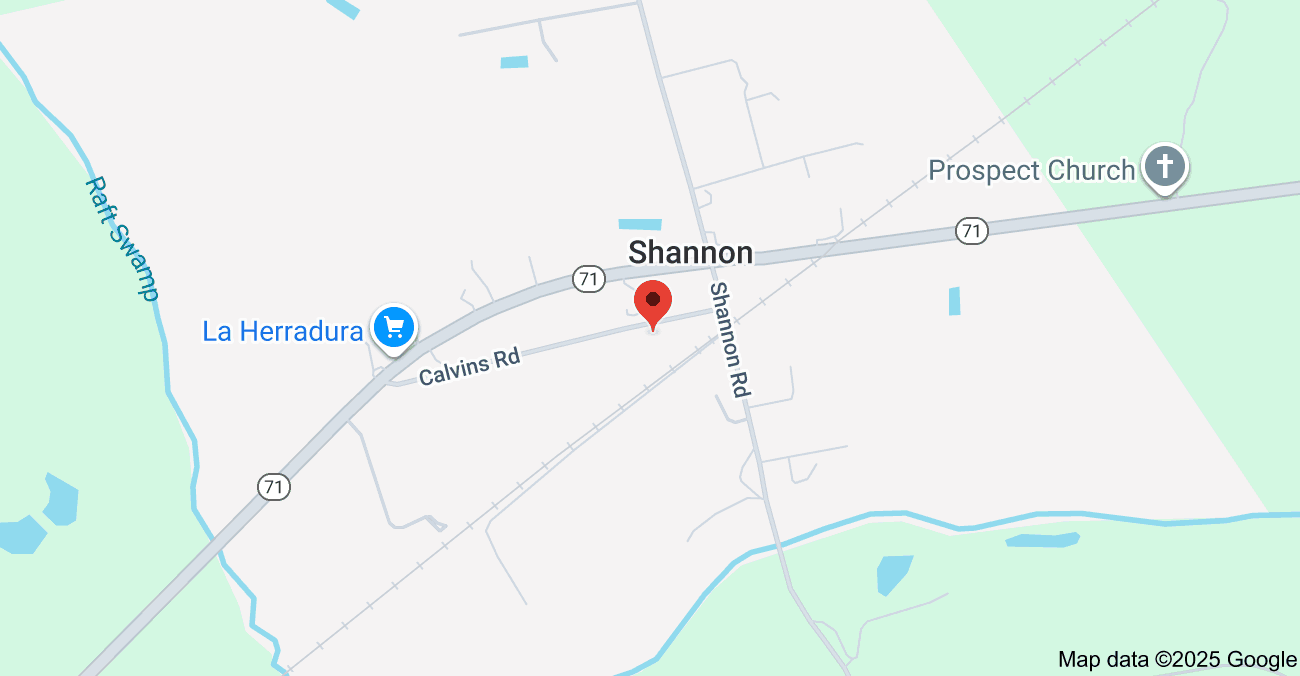 | A Better Way Residential ServicesA Better Way Residential Services is a dedicated treatment facility located in Shannon, North Carolina. The center focuses on providing residential care for individuals facing mental health challenges and co-occurring substance abuse issues. Their programs are tailored to meet the needs of both adolescents and adults, including those with severe mental illnesses.Key Features: 1. Residential Treatment Program: Comprehensive Support:The facility offers a structured residential treatment program designed to provide a safe and supportive environment for individuals seeking recovery from mental health and substance abuse issues. 2. Targeted Services for All Ages: Adolescents and Adults:A Better Way Residential Services caters to a diverse population, offering specialized programs for both adolescents and adults. This ensures that treatment plans are age-appropriate and relevant to the unique challenges faced by each group. 3. Focus on Co-Occurring Disorders: Integrated Care Approach:The center addresses the complexities of co-occurring mental health and substance use disorders, providing integrated care that supports individuals in their journey towards recovery and improved mental well-being. 4. Programs for Severe Mental Illnesses: Specialized Treatment Options:A Better Way offers programs specifically designed for individuals with severe or serious mental illnesses, ensuring that those with the highest needs receive appropriate and effective care. Commitment to Healing: A Better Way Residential Services is committed to providing compassionate, high-quality care that empowers individuals to overcome their challenges and achieve lasting recovery. Their focus on comprehensive support and specialized programs underscores their dedication to the well-being of their clients.Conclusion: Located in Shannon, NC, A Better Way Residential Services is a vital resource for individuals struggling with mental health and substance abuse issues. With a commitment to personalized and age-appropriate care, the center plays an essential role in fostering recovery and improving the lives of those they serve. 220 Calvins Rd, Shannon, NC 28386 | Levels of Care:Inpatient Payment Options:Medicaid Private insurance Self-Pay Options Military Insurance | ||
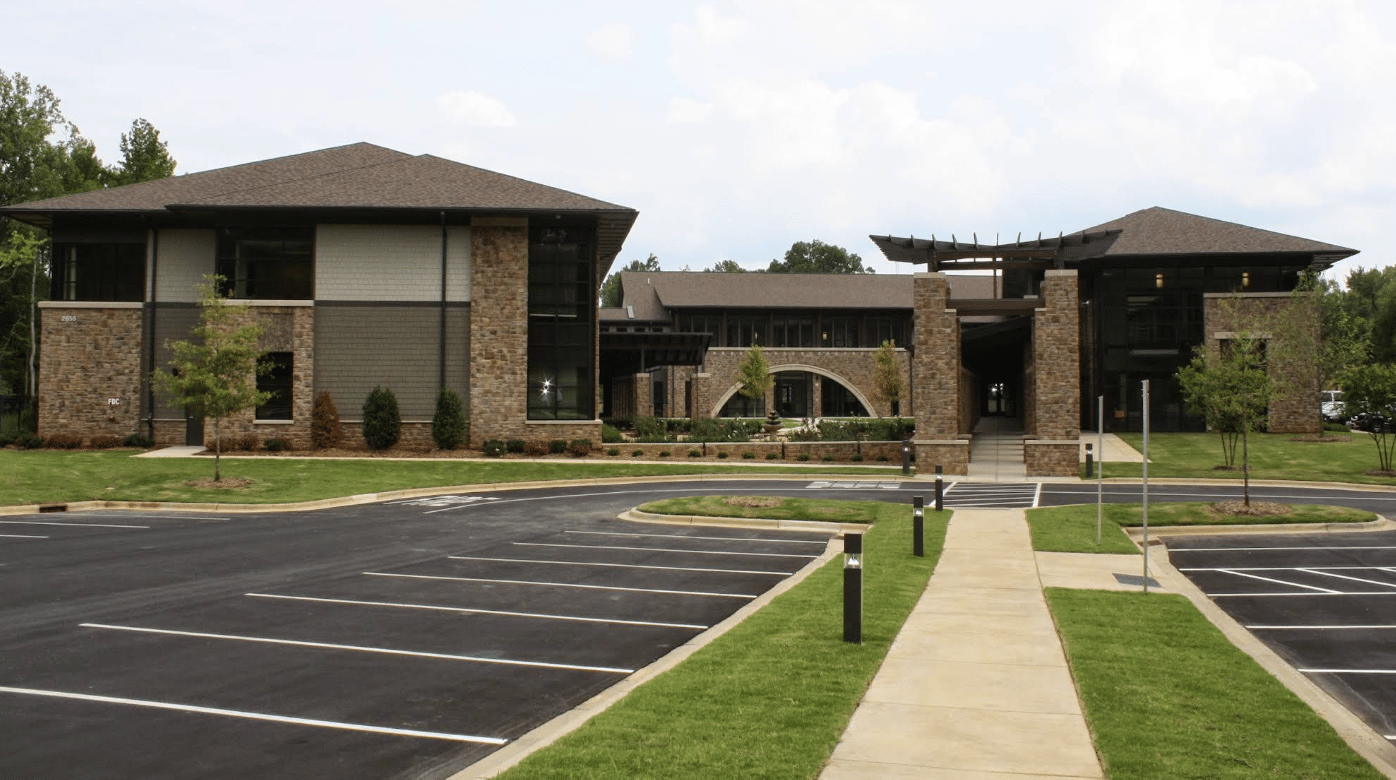 | A Dove’s NestA Dove’s Nest offers a compassionate residential treatment program that provides 24/7 care in a safe and secure environment for women. Our faith-based Christian treatment program supports mothers and their children with comprehensive clinical care, emotional healing, and life skills training, all rooted in a Christian foundation.Comprehensive Care for Women and Children 1. Holistic Support Our residential program includes: Clinical Care: Addressing the medical and psychological needs of our clients. Faith Support: Utilizing Christian principles for emotional healing and recovery. Understanding Addiction: A deep exploration of the underlying causes of addiction. Mental Health Support: Integrated services to address co-occurring mental health issues. Life Skills Training: Focused on parenting skills, coping strategies, and personal development. 2. Transitional Living Program Upon completing the residential program, women have the option to continue their recovery journey through our transitional living home. This program allows women to live in a supportive, Christian-based environment for up to two years while they: Continue learning essential life skills Pursue educational opportunities Seek employment Accessible Care for All 3. Financial Assistance At A Dove’s Nest, we believe that everyone deserves access to treatment, regardless of their financial situation. We do not turn people away due to lack of funds and accept a variety of insurance plans, including: Humana Ambetter Cigna Anthem Blue Cross Blue Shield United Healthcare Aetna And more 4. Insurance Verification Since insurance plans can vary, we encourage prospective clients to verify their coverage information and out-of-network details with their insurer to ensure access to our services.Location 2855 West Blvd, Charlotte, NC 28208Conclusion At A Dove’s Nest, we are committed to providing a nurturing, faith-based environment where women can find healing and support on their recovery journey. Our comprehensive programs and commitment to accessibility empower mothers and their children to build a brighter future. Contact us today to learn more about our residential treatment and transitional living options. 2855 West Blvd, Charlotte, NC 28208 | Levels of Care:Inpatient12-StepAftercare SupportSober Living Homes Payment Options:Free |  | |
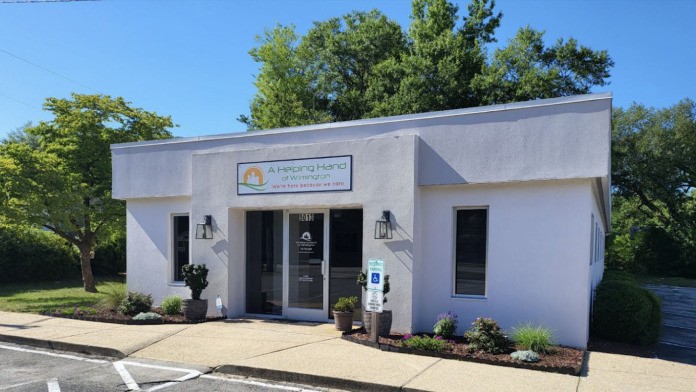 | A Helping Hand of WilmingtonA Helping Hand of Wilmington in Wilmington, NC, provides supportive recovery services for individuals facing substance use disorders and mental health challenges. Our programs include outpatient treatment, counseling, and community support designed to foster healing and personal growth. With a focus on individualized care and evidence-based practices, our compassionate team is dedicated to helping clients regain control of their lives and achieve lasting recovery. At A Helping Hand, we believe in the transformative power of support and connection. Contact us today to learn more about our services and how we can assist you or your loved ones on the path to recovery. 5013 Wrightsville Ave, Wilmington, NC 28403 | Levels of Care:outpatientIntensive Outpatient (IOP)Aftercare SupportIntervention ServicesMedically Assisted Detox Payment Options:Medicaid Self-Pay Options Financial Aid Medicare |  | |
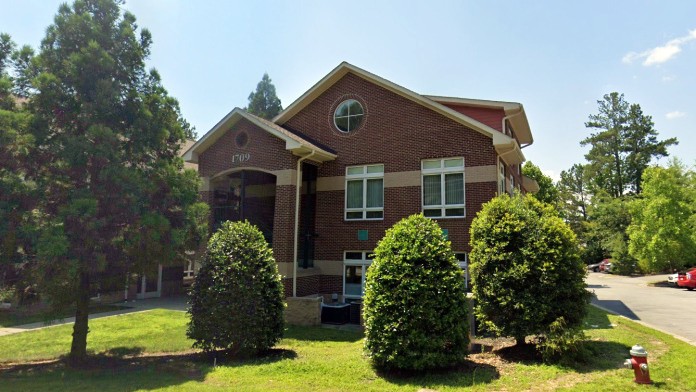 | A Life’s Journey Counseling CenterA Life’s Journey Counseling Center in Chapel Hill, NC, offers compassionate counseling services for individuals seeking support in overcoming personal challenges, including substance use disorders and mental health issues. Our center provides a range of therapeutic options, including individual therapy, group sessions, and holistic approaches tailored to meet the unique needs of each client. With a focus on creating a safe and nurturing environment, our experienced team is dedicated to empowering clients on their journey toward healing and self-discovery. At A Life’s Journey, we believe in the power of connection and understanding. Contact us today to learn more about our services and how we can assist you or your loved ones in navigating life’s challenges. 1709 Legion Rd suite 200, Chapel Hill, NC 27517 | Levels of Care:outpatient Payment Options:Self-Pay Options Private insurance Medicaid Medicare | ||
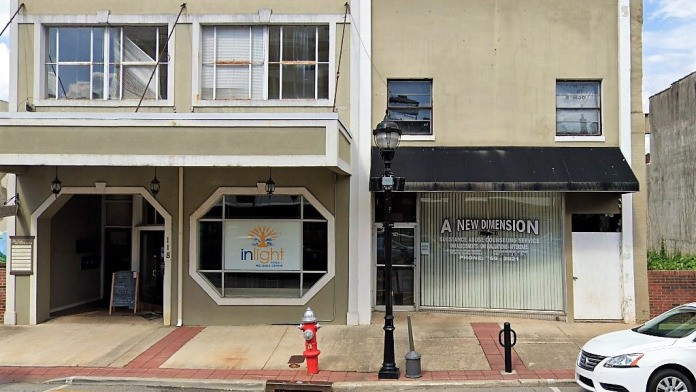 | A New DimensionA New Dimension in Lenoir, NC, offers innovative recovery services for individuals seeking to overcome substance use disorders and mental health challenges. Our programs focus on personalized treatment plans that incorporate evidence-based therapies, holistic approaches, and life skills training to support sustainable recovery. With a dedicated team of professionals, we create a nurturing environment where clients can thrive and build a brighter future. At A New Dimension, we believe in the transformative power of community and support. Contact us today to learn more about our services and how we can help you or your loved ones embark on a journey of healing and renewal. 116 Main St SW, Lenoir, NC 28645 | Levels of Care:outpatient Payment Options:Self-Pay Options | ||
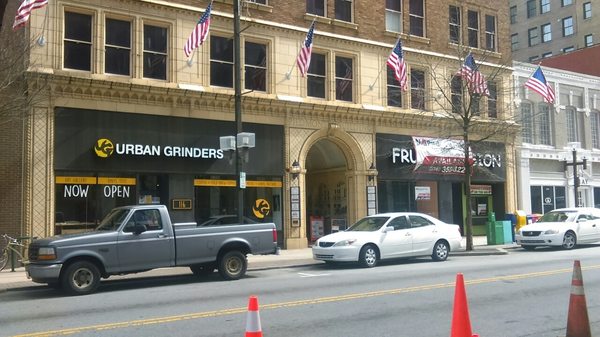 | ACDM Assesment and Counseling of GuilfordACDM Assesment and Counseling of Guilford114 North Elm Street Suite 402 Greensboro NC, 27401 www.acdmassessment.com(336) 574-3772 | Payment Options:Self-pay options | ||
ACPP - Cornerstone Christian CenterACPP - Cornerstone Christian Center | Payment Options:Financing available | |||
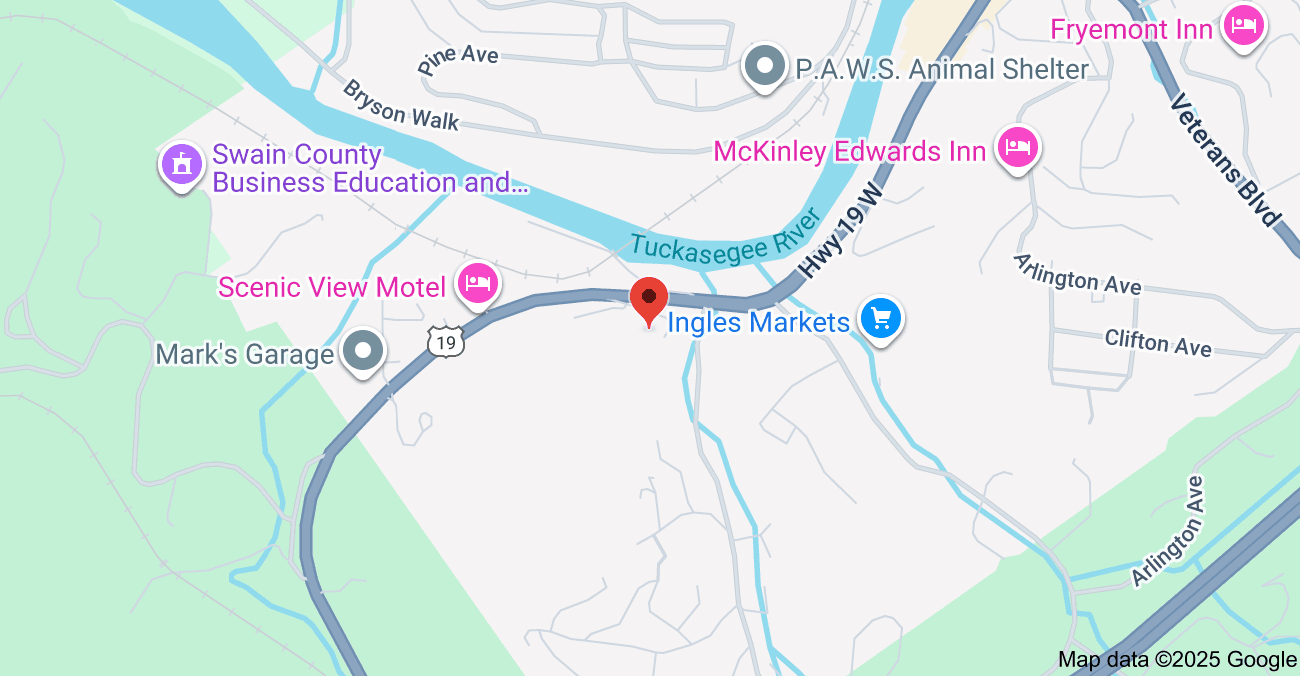 | ACS - Appalachian Community ServicesLocated at 100 Teptal Terrace, Bryson City, NC 28713, Appalachian Community Services (ACS) provides a comprehensive Intensive Outpatient Program (IOP) designed to support individuals on their journey to recovery from substance use disorders. With a focus on holistic care, ACS offers a range of services to address both addiction and related challenges.Key Features and Services 1. Intensive Outpatient Program (IOP) Program Structure: Clients participate in treatment for three hours a day, at least three days a week. Counseling Sessions: Individual Counseling: Personalized sessions aimed at addressing specific recovery needs and challenges. Group Counseling: Facilitated group sessions that promote peer support and shared learning experiences. Recovery Maintenance Skills: Clients will learn essential tools and strategies to maintain sobriety and navigate challenges in recovery. 2. Family Counseling Support for Families: Family counseling sessions are available to help heal relationships and equip family members with the skills needed to support their loved ones in recovery. 3. Telehealth Services Remote Access: For clients unable to attend in-person group sessions, telehealth services provide an alternative way to participate in counseling and support. 4. Additional Support Services Crisis Contingency Planning: Strategies to help clients manage potential crises during their recovery journey. Disease Management: Education and support to manage co-occurring health issues. Life Skills Education: Training to develop essential skills for daily living and maintaining recovery. 5. Specialized Support Activities Inclusive Activities: ACS offers treatment support activities specifically designed for clients with physical and mental disabilities or co-occurring disorders, ensuring that all individuals receive tailored support. 6. DWI Program Support for DWI Offenders: ACS provides a specialized program for individuals convicted of driving while impaired (DWI). Licensed Clinicians: DWI classes and counseling services are administered by licensed professionals, ensuring compliance with legal requirements and promoting recovery. Commitment to Recovery Appalachian Community Services is dedicated to providing a supportive and inclusive environment for individuals seeking recovery. Their comprehensive approach addresses both substance use and any co-occurring disorders, helping clients build a foundation for lasting sobriety.Contact Information For more information about their services or to schedule an appointment, please reach out to ACS – Appalachian Community Services at 100 Teptal Terrace, Bryson City, NC 28713. Their compassionate team is ready to assist you on your path to recovery.Conclusion ACS offers a robust Intensive Outpatient Program that combines counseling, family support, and specialized services to help individuals achieve sobriety. With a focus on inclusivity and comprehensive care, they strive to empower clients to succeed in their recovery journey. Contact them today to learn more about how they can support you or your loved one. 100 Teptal Terrace, Bryson City, NC 28713 | Levels of Care:outpatient12-StepAftercare Support Payment Options:Military Insurance Private Insurance Self-Pay Options Medicaid Medicare Financial Aid | 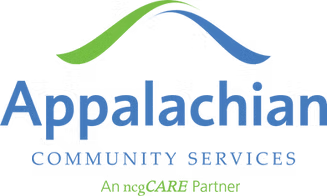 | |
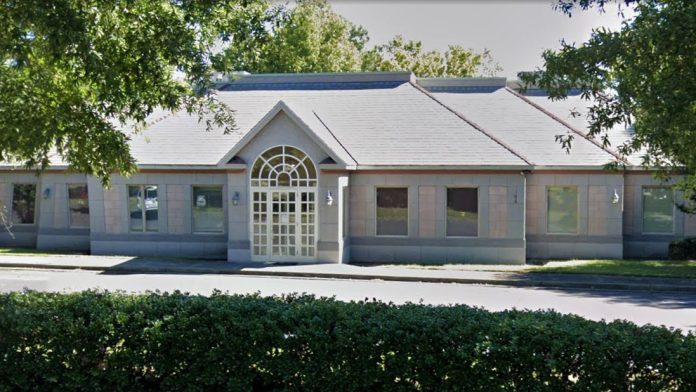 | Adapted Integrated Methods HealthAdapted Integrated Methods Health4004 Ben Franklin Boulevard Durham NC, 27704 www.aimhealthservicesnc.com(919) 471-5474 | Payment Options:Medicaid Private insurance Self-pay options Medicare | ||
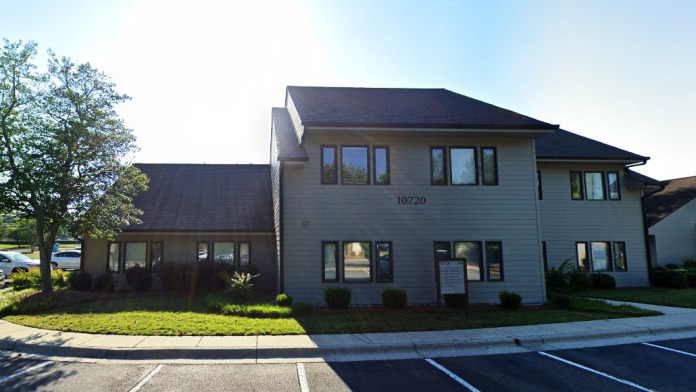 | ADATC - Charlotte, NCLocated at 10720 Carmel Commons Blvd, No. 350, Charlotte, NC 28226, ADATC Alcohol and Drug Abuse Testing Centers provides a range of services designed to support organizations in managing substance use issues among employees. Under the leadership of Jon P. Speckman, a seasoned professional trainer and clinician with 25 years of experience, ADATC offers training, testing, policy preparation, and consultations to ensure a safe and compliant workplace.Key Features and Services 1. Employee Testing for Substance Use Certified Laboratory: ADATC operates a SAMHSA-certified laboratory, providing reliable testing services for drug and alcohol use. Quick Results: Negative test results can be delivered as quickly as the next day, ensuring timely responses for employers. Mobile Testing Services: ADATC offers mobile drug testing, allowing them to conduct tests onsite at an organization’s location for convenience. 2. Employee Referral for Professional Help Heart Employee Assistance Program (EAP): This program assists employers in referring employees to professional mental health facilities when performance issues arise due to suspected substance use. Confidential Support: Employees can receive the help they need while maintaining confidentiality, avoiding the need to disclose sensitive information in the workplace. 3. Employer Training for Substance Use Testing Onsite Staff Training: ADATC provides training classes for staff members on how to perform breath alcohol tests, specimen collections for drug tests, saliva testing, and substance abuse professional training. Empowering Employers: This training enables organizations to better manage substance testing within their workforce. 4. Drug-Free Workplace Programs Consultation Services: ADATC offers various consultation services, including: Conflict Resolution: Guidance for specific situations between employees and supervisors. Program Audits: Evaluating existing drug-free workplace programs to enhance effectiveness. Policy Development: Assistance in creating comprehensive drug-free workplace policies, including: Announcement letters for policy implementation Standard operating procedures for testing Documentation management for program compliance Commitment to Workplace Safety ADATC is dedicated to helping organizations maintain a safe and healthy work environment by providing the necessary tools and resources to address substance use issues. Their comprehensive approach ensures that both employers and employees have access to support and training.Contact Information For more information about their services or to schedule a consultation, please reach out to ADATC Alcohol and Drug Abuse Testing Centers at 10720 Carmel Commons Blvd, No. 350, Charlotte, NC 28226. Their experienced team is ready to assist organizations in managing substance use challenges effectively.Conclusion ADATC Alcohol and Drug Abuse Testing Centers offers valuable resources for organizations looking to address substance use issues in the workplace. With a focus on testing, training, and policy development, they empower employers to create a safe and compliant work environment. Contact them today to learn more about how they can support your organization. 10720 Carmel Commons Blvd, No. 350, Charlotte, NC 28226 | Levels of Care:Inpatient Payment Options:Medicaid Medicare | ||
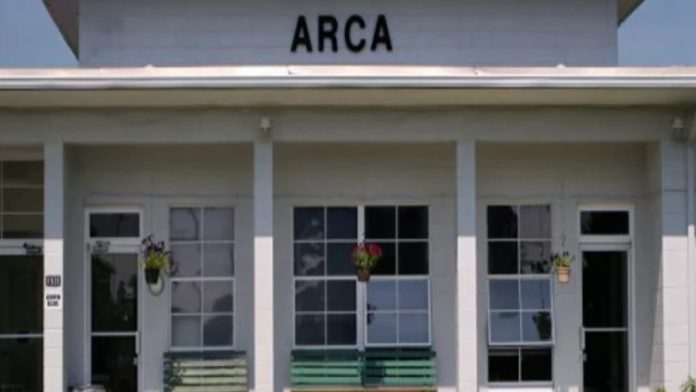 | Addiction Recovery Care AssociationThe Addiction Recovery Care Association offers a unique, free program designed to assist individuals seeking lasting recovery from addiction. This program is open to both men and women and focuses on building essential life skills to support productive and responsible living.Key Features: 1. No Cost for Services: Free Program: The program is completely free, eliminating financial barriers and the need for insurance, making it accessible to anyone seeking help. 2. Structured and Supportive Environment: Healing Focus: Participants join a highly structured program that provides the support necessary for healing and recovery. The environment is designed to foster growth and accountability. 3. Easy Enrollment Process: No Referral Needed: Interested individuals do not need a referral to join the program. They can directly apply by completing a 45-minute phone interview, simplifying the process of getting help. Commitment to Recovery: The Addiction Recovery Care Association prioritizes creating a supportive community where individuals can focus on their recovery journey. By equipping participants with the skills needed for a productive life, the program aims to empower them to maintain lasting recovery.Conclusion: The Addiction Recovery Care Association is a vital resource for individuals seeking recovery from addiction without the burden of financial constraints. With a focus on skill-building and a supportive environment, the program is dedicated to helping participants achieve lasting healing and reintegration into society. 5755 Shattalon Dr, Winston-Salem, NC 27105 | Levels of Care:InpatientAftercare Support12-StepMedically Assisted Detox Payment Options:Private Insurance Self-Pay Options Free | 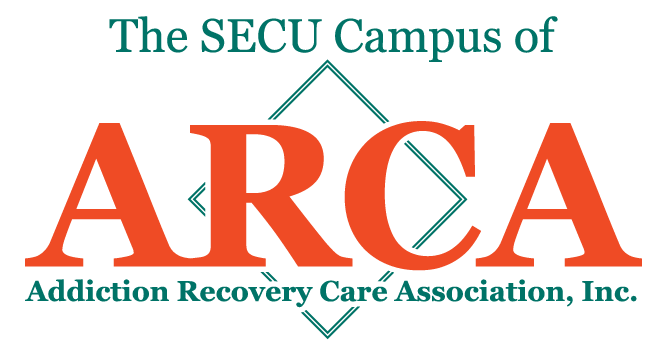 | |
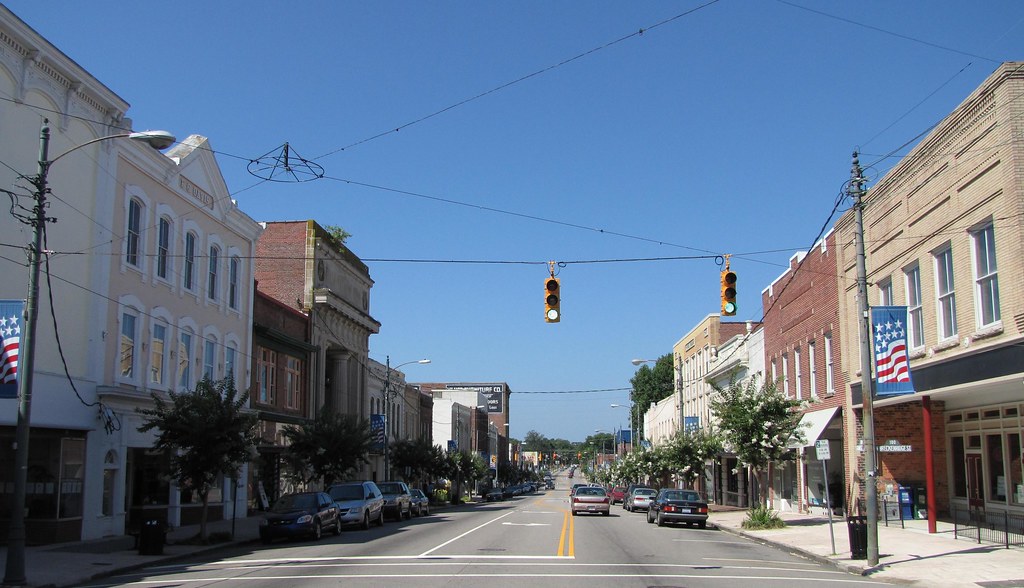 | Addiction Recovery Center for MenThe Addiction Recovery Center for Men, situated at 1020 County Home Road, Henderson, NC 27536, is a private rehabilitation facility dedicated to providing treatment for a variety of substance abuse addictions, including alcoholism and opiate addiction. The center offers a supportive and structured environment for men seeking recovery, emphasizing personalized treatment plans that cater to individual needs. With a focus on holistic healing and evidence-based practices, the Addiction Recovery Center for Men aims to empower clients on their journey to sobriety and overall wellness. The facility is committed to fostering resilience and growth, helping men reclaim their lives from addiction in a compassionate and understanding setting. 1020 County Home Rd, Henderson, NC 27536 | Levels of Care:InpatientSober Living HomesAftercare Support12-Step Payment Options:Medicaid Private insurance Self-Pay Options Financial Aid Medicare | ||
Adolescent AlternativesAdolescent Alternatives | Payment Options:Medicaid | |||
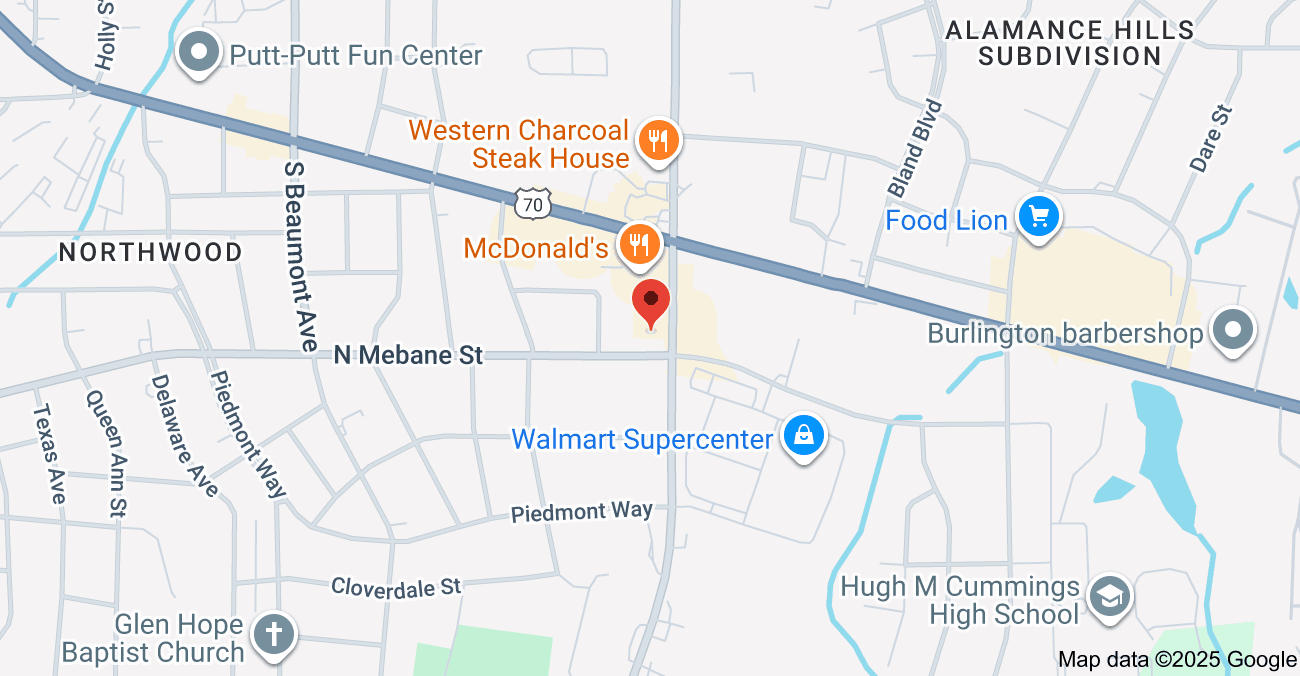 | ADS Alcohol Drug Services - Burlington, NCLocated at 259 South Graham-Hopedale Road, Suite 101, Burlington, NC 27217, ADS Alcohol and Drug Services is dedicated to promoting health and wellness through high-quality substance abuse treatment. Their mission is to transform lives by providing compassionate care and support for individuals and their families.Key Features and Services 1. Commitment to Excellence Quality Care: ADS Alcohol & Drug Services is committed to delivering exceptional treatment options that focus on individual needs and recovery goals. CARF Accredited: The center is accredited by the Commission on Accreditation of Rehabilitation Facilities (CARF), ensuring they meet high standards of care. 2. Comprehensive Treatment Services ADS offers a range of services designed to support individuals in their recovery journey, including: Random Urinalysis Drug Testing: Regular drug testing to monitor compliance and progress in treatment. Matrix Model Curriculum: A structured program that integrates evidence-based practices to support recovery. Medication-Assisted Treatment (MAT): Utilizes methadone to help individuals manage cravings and withdrawal symptoms as part of their recovery process. Individual Counseling: Personalized sessions to address specific challenges and develop coping strategies. Group Counseling: Facilitated group sessions that provide peer support and shared learning experiences. Mental Health Care: Integrated mental health services to address co-occurring disorders and overall well-being. 3. Support for Families Family Involvement: ADS recognizes the importance of family support in the recovery process and offers resources to involve families in treatment. 4. Free HIV Testing Health Services: ADS provides free HIV testing to promote awareness and encourage overall health and wellness among clients. Commitment to Transformation ADS Alcohol and Drug Services is dedicated to transforming lives through compassionate care and comprehensive treatment options. Their focus on excellence and support for families helps create a supportive environment for individuals seeking recovery.Contact Information For more information about their services or to schedule an appointment, please reach out to ADS Alcohol and Drug Services at 259 South Graham-Hopedale Road, Suite 101, Burlington, NC 27217. Their caring team is ready to assist you on your journey to recovery.Conclusion ADS Alcohol and Drug Services offers a comprehensive array of substance abuse treatment options, including individual and group counseling, medication-assisted treatment, and mental health care. With a commitment to quality and compassion, they aim to support individuals and families in achieving lasting recovery. Contact them today to learn more about how they can help you or your loved one. 259 S Graham Hopedale Rd #101, Burlington, NC 27217 | Levels of Care:outpatientAftercare SupportIntensive Outpatient (IOP) Payment Options:Private Insurance Self-Pay Options Medicaid Medicare Financial Aid |  | |
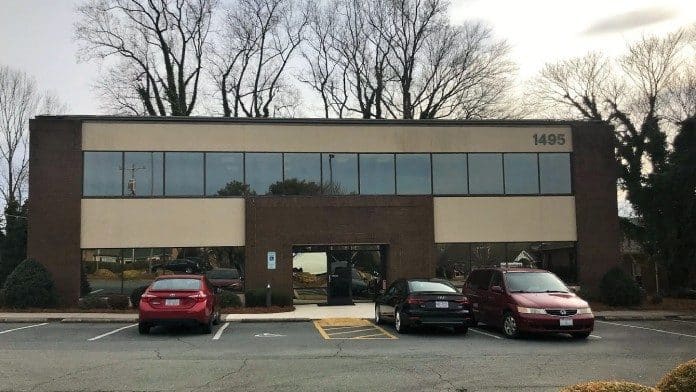 | Advancing Forward HealthAdvancing Forward Health specializes in medication-assisted treatment programs for individuals struggling with opioid addiction. The facility provides a comprehensive approach that combines medication with therapeutic counseling to support recovery and well-being.Key Features: 1. Medication-Assisted Treatment (MAT): Personalized Treatment Plans: After a thorough assessment, clients receive a tailored treatment plan that integrates prescription medications (such as methadone and suboxone) to help manage withdrawal symptoms and cravings. Easing Withdrawal Symptoms: The use of medications is designed to interrupt the cycle of opioid use, making the recovery process more manageable. 2. Therapeutic Counseling: Evidence-Based Approaches: Clients participate in therapeutic counseling to uncover the underlying drivers and triggers of their opioid use, developing effective coping strategies to aid their recovery. Co-Occurring Conditions: Individuals struggling with co-occurring medical or mental health issues receive integrated treatment to address all aspects of their health. 3. Intensive Outpatient Program for Women: Specialized Support: Advancing Forward Health offers a unique intensive outpatient program specifically designed for women, held multiple times a year. Holistic Outdoor Activities: The program takes place on over 45 acres of beautiful farmland, incorporating activities such as hiking, meditation, art therapy, and yoga. These holistic practices aim to build confidence and teach self-regulatory and problem-solving skills. Commitment to Recovery: Advancing Forward Health is dedicated to providing a supportive and empowering environment for individuals in recovery from opioid addiction. Their focus on personalized treatment and holistic approaches aims to foster lasting change and resilience.Conclusion: Located in Winston-Salem, NC, Advancing Forward Health serves as a vital resource for those seeking help with opioid addiction. By combining medication-assisted treatment with therapeutic counseling and unique programs for women, they strive to support individuals on their journey to recovery. 1312 Westgate Center Dr, Winston-Salem, NC 27103 | Levels of Care:InpatientoutpatientMedically Assisted Detox Payment Options:Military Insurance Private Insurance Self-Pay Options Medicaid Medicare Financial Aid |  | |
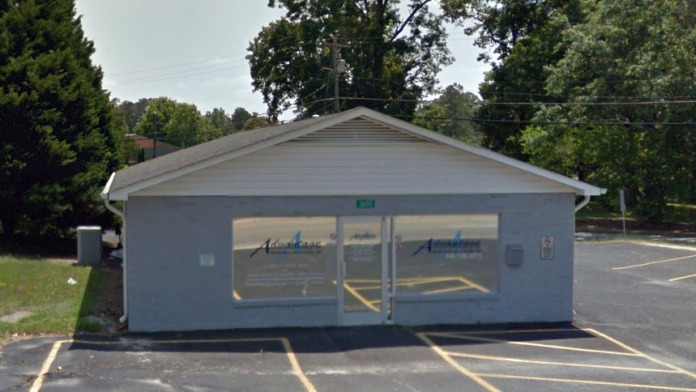 | Advantage Behavioral Healthcare1600 East 5Th Street Lumberton NC, 28358 www.advantagebeh.com(910) 738-3571 | |||
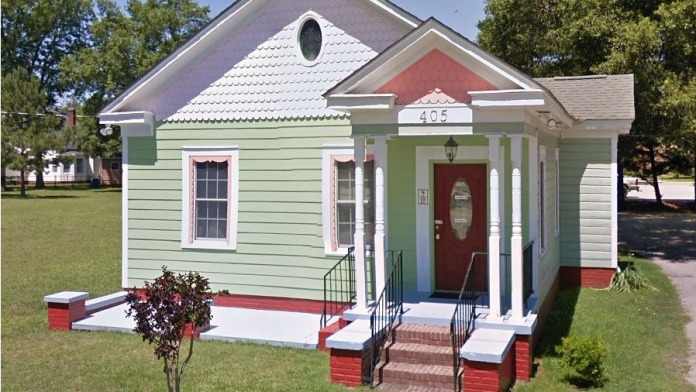 | Advantage Behavioral Healthcare405 Biggs Street Laurinburg NC, 28352 www.advantagebeh.com(910) 521-7288 | |||
Advantage Behavioral HealthcareAdvantage Behavioral Healthcare | Payment Options:Medicaid | |||
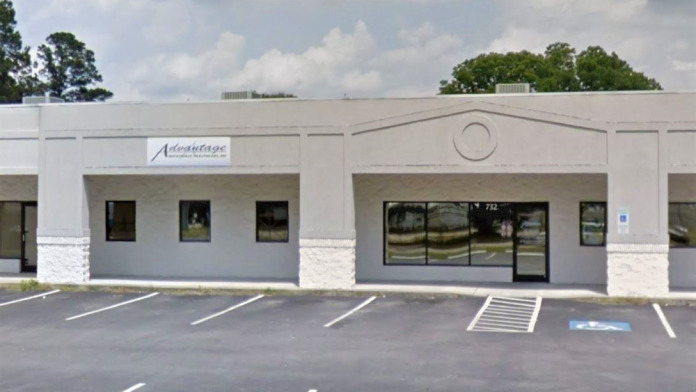 | Advantage Behavioral Healthcare - Whiteville, NCAdvantage Behavioral Healthcare is a treatment center located in Whiteville, North Carolina, dedicated to supporting individuals facing substance abuse issues, mental health challenges, and developmental disabilities. Their mission is to strengthen families and communities by providing comprehensive care and support.Key Features: 1. Comprehensive Treatment Services: Substance Abuse Support: Offers programs and resources aimed at helping individuals recover from substance use disorders through evidence-based treatments. Mental Health Services: Provides support for a wide range of mental health issues, helping clients manage their conditions and improve their overall well-being. Developmental Disabilities Support: Offers specialized services for individuals with developmental disabilities, ensuring they receive the support they need to thrive. 2. Commitment to Accessibility: Financial Assistance: Advantage Behavioral Healthcare is committed to serving everyone, regardless of their ability to pay. They assess clients based on income level and family size to provide financial support, making treatment accessible to those in need. Community Focus: The center emphasizes building bridges within the community, aiming to empower families and enhance the overall health of the community. Their holistic approach to care fosters collaboration and connection among clients, families, and support networks.Conclusion: Advantage Behavioral Healthcare plays a crucial role in the Whiteville community by offering vital services for substance abuse, mental health, and developmental disabilities. With a commitment to accessibility and community support, the center is dedicated to helping individuals and families achieve lasting wellness. 732 Davis Ave, Whiteville, NC 28472 | Levels of Care:outpatient Payment Options:Private Insurance Self-Pay Options Medicaid Medicare Financial Aid |  | |
Agape HomesAgape Homes | Payment Options:Medicaid |
Find North Carolina drug rehabs in cities near you or sort by letter.
For anyone seeking help for addiction for themselves or a loved one calls to Addiction Helpline America are completely confidential and available 24/7.
Please note: any treatment center listed on our site that receives calls is a paid advertiser.
Calls to a specific treatment center’s listing will be connected directly to that center.
Calls to our general helpline will be answered by treatment providers, all of whom are paid advertisers.
By calling the helpline, you agree to our terms and conditions. These calls are free of charge and carry no obligation to enter treatment. Neither Sober Steps nor anyone answering your call receives a commission or fee based on your choice of treatment provider.
If you’d like to explore additional treatment options or connect with a specific rehab center, you can browse our top-rated listings, visit our homepage, or call us at (844) 561-0606. You may also contact us for further assistance.
Calls to any general helpline will be answered or returned by one of the treatment providers listed, each of which is a paid advertiser:
Our helpline is available 24 hours a day, 7 days a week at no cost to you and with no obligation for you to enter into treatment. We are committed to providing support and guidance whenever you need it.
In some cases, Addiction Helpline America charges our verified partner a modest cost per call. This fee helps us cover the costs of building and maintaining our website, ensuring that we can continue to offer this valuable service to those in need.